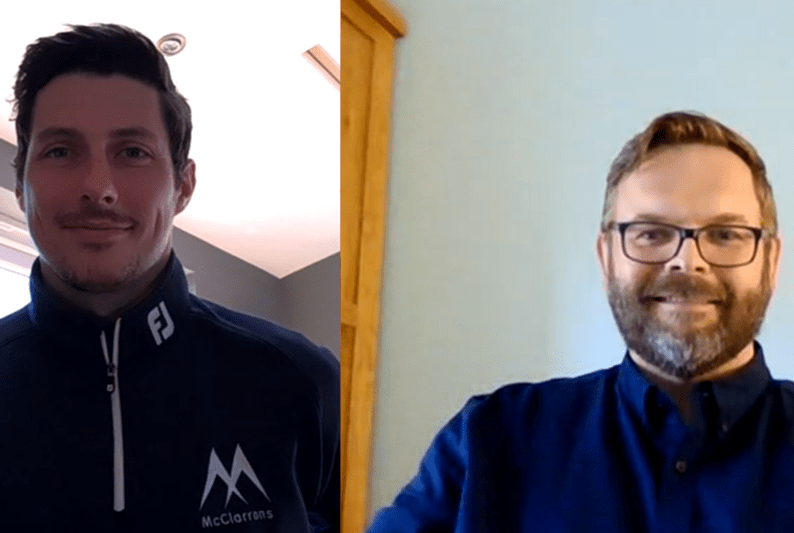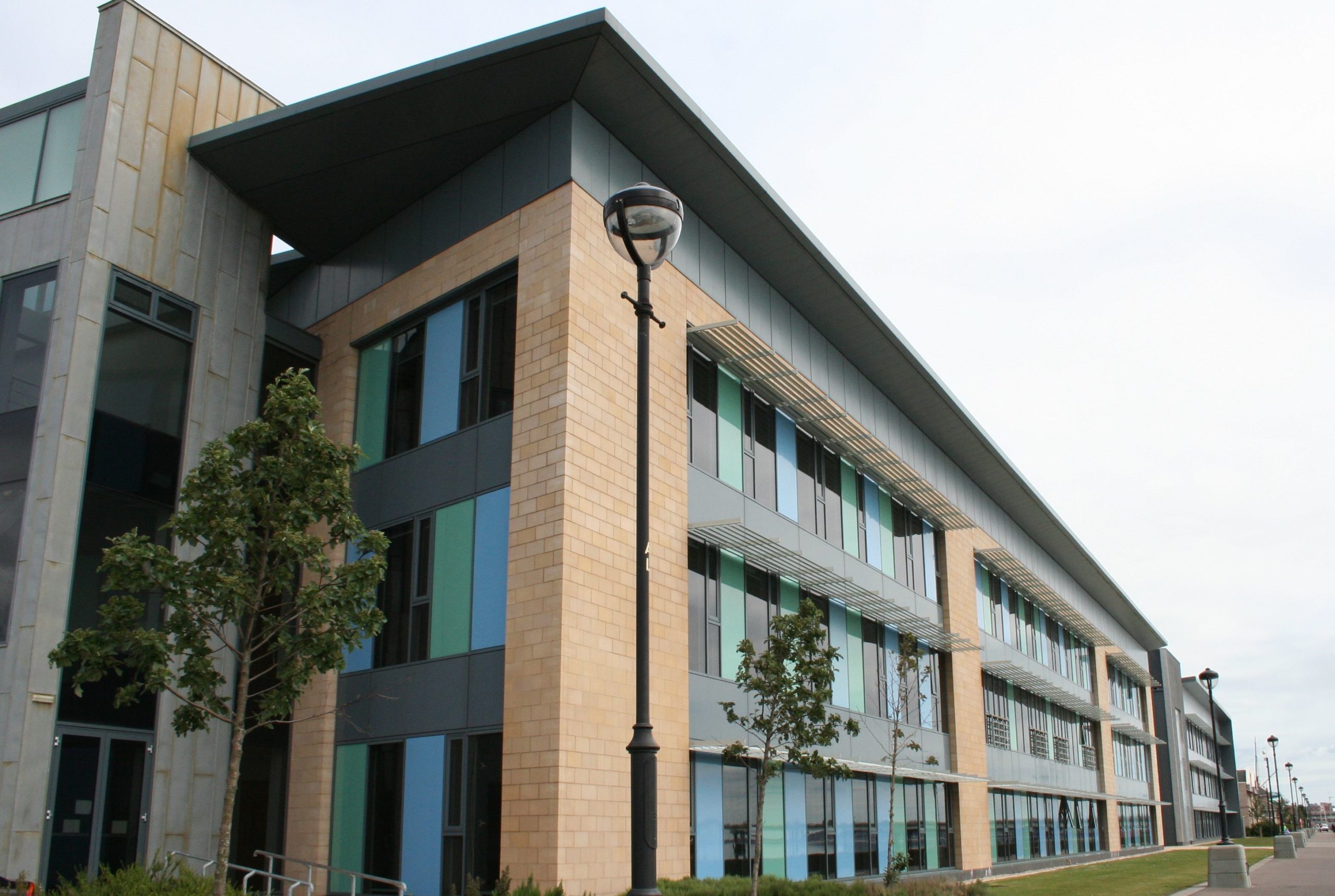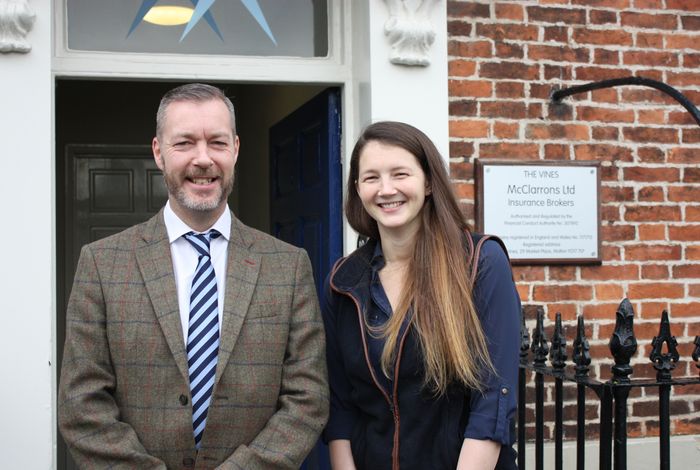The McClarrons Care & Social Welfare team recently took part in Autism & Safeguarding training with Happy Futures, to help us better understand what our clients deal with on a day to day basis.
Happy Futures provide outstanding support for individuals with learning disabilities, mental health and complex needs throughout the North Yorkshire area. They look to offer personalised support for each individual in a fun, motivating, safe and caring environment. They also empower these individuals to live independently and support them with their daily emotional and physical needs. Happy Futures offer a mix of socialising, education and training to enable their clients to achieve greater independence.
So, what did our training entail?
Day 1: Autism Training – The day engaged the McClarrons team in a range of activities and provided invaluable information to expand their knowledge on the issues individuals living with Autism can face. Below we share some of the key takeaways from the day;
Autism Spectrum Disorder (ASD) can affect people very differently; it is used to describe individuals with a range of skills and difficulties. Individuals at one end of the spectrum can have many difficulties, may be unable to communicate verbally and can be unable to live independently. However, at the other end of the spectrum, individuals may have less obvious difficulties, such as socialising.
Did you also know that 1 in 100 people have ASD? And that it affects 4 time more males than females?
There is no single, exact cause for ASD. However, we do know that ASD is something individuals are born with and is not communicable. The brain develops differently in people with ASD and there are numerous possible genetic factors involved.
What did we learn?
We learnt about some of the common mannerisms of people living with ASD such as a lack of awareness of danger, difficulty expressing their needs, being overactive or underactive and being unresponsive to ‘normal’ approaches.
The team also learnt about how individuals with ASD may experience things like routines and structure, ambiguous situations, changes to their environment or routine and relationships and boundaries, differently to those without ASD.
Having learnt about how those with ASD experience things differently, we learnt the top tips to friendly practice when working with individuals with ASD:
- Know the individual
- Be direct
- Manage social demands
- Be clear and consistent
- Be aware of the environment
- Establish and use routines
- Manage change and allow for time to adjust
- Allow space
- Consider reflection
The level of understanding Happy Futures have of their clients, as well as detailed planning to assist them in achieving their goals, was phenomenal.
Day 2: Safeguarding – The second day provided the McClarrons team with insights on why safeguarding is important to the care sector. The team looked at safeguarding through the years – from the 70’s to present day, which was extremely tough to watch as it included footage of abuse at a number of homes, including St Lawrence’s Hospital, Winterbourne View and more recently, Whorlton Hall. We took part in completing activity workbooks and did a quiz!
What did we learn?
Safeguarding is everything we do to protect children and adults who are in need of care and support.
Safeguarding children includes:
- Child protection
- Protecting children from maltreatment
- Preventing impairment of children’s health and development
- Ensuring children grow up in safe circumstances
As well as the above, the team were shown the importance of the carer protecting themselves from 1 on 1 situations. The team were shown how plans to protect against 1 on 1 situations can break down and leave carers in extremely vulnerable positions.
Safeguarding adults refers to: “protecting an adult’s right to live in safety, free from abuse and neglect”.
The Care Act of 2014 states that safeguarding applies to an adult who:
- Has the need for care and support, whether or not the local authority is meeting any of those needs
- Is experiencing or is at risk of abuse or neglect
- Is unable to protect themselves from risk
The 6 key principles that underpin adult safeguarding:
|
Empowerment |
People being supported and encouraged to make their own decisions and informed consent |
|
Prevention |
It is better to take action before harm occurs |
|
Protection |
Support and representation for those in greatest need |
|
Proportionality |
The least intrusive response appropriate to the risk presented |
|
Partnership |
Local solutions through services working with their communities Communities have a part to play in preventing, detecting and reporting neglect and abuse |
|
Accountability |
Accountability and transparency in delivering safeguarding |
Both days helped the team expand their knowledge on issues which occur within the care sector. By taking part in the training, the care team are even better placed to be able to understand your organisation’s needs and the various problems that can occur within your care organisation.
This helps us to build and tailor insurance solutions around your requirements, giving you peace of mind around your protection. Furthermore, in the event of a claim relating to any of the above matters, we are better placed to understand what has happened and help support you through the claims process.
The McClarrons Team are looking forward to further training days to help them expand their knowledge even further.
To find out more about McClarrons’ Care & Social Welfare offering, visit our Care page, here, or you can contact our dedicated team on care@networkportfolio.co.uk/mcclarroninsurance.com or by calling 01653 600477.
Thank you to Angela and the team at Happy Futures for providing such engaging and informative training.
























